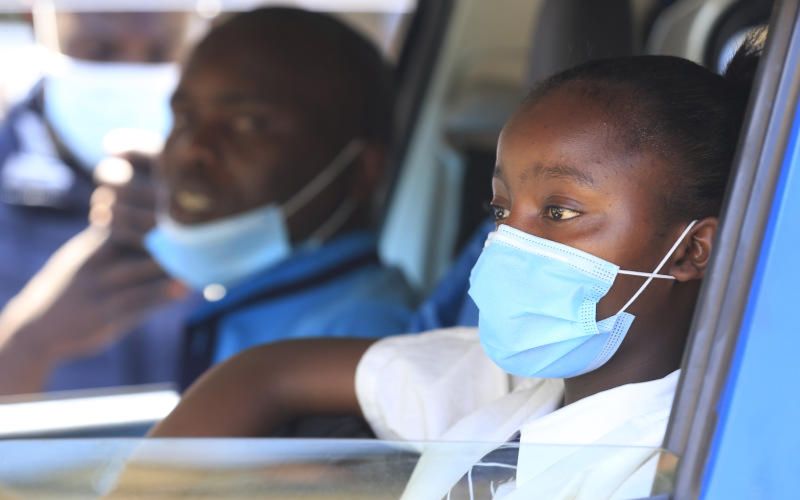
The Covid-19 season has been a season like no other; full of uncertainty, challenges, pains and losses. For most of us, the future is unclear but we can no longer continue to sit and watch things unfold. We have to take charge of our lives once again; embrace the changes that have come with the pandemic, wear a positive attitude and begin to rebuild the broken walls of our lives or set new foundations where need be. Napoleon Hill says; “Every adversity, every failure, and every heartache, carries with it the seed of an equivalent or greater benefit.” Let the challenges we have faced during this pandemic energize us to spring back with greater vigor and willpower to rebuild our lives.
One of the areas that has been adversely affected by the pandemic is the education sector. Majority of the children have been away from formal learning for more than eight months. The new academic year has started and it is going to be quite different for the learners, parents, teachers and education stakeholders. Back to school is always a time of transition and with the pandemic, it is a transition that is going to require extra preparation as all the parties make adjustments to the new life with the coronavirus.